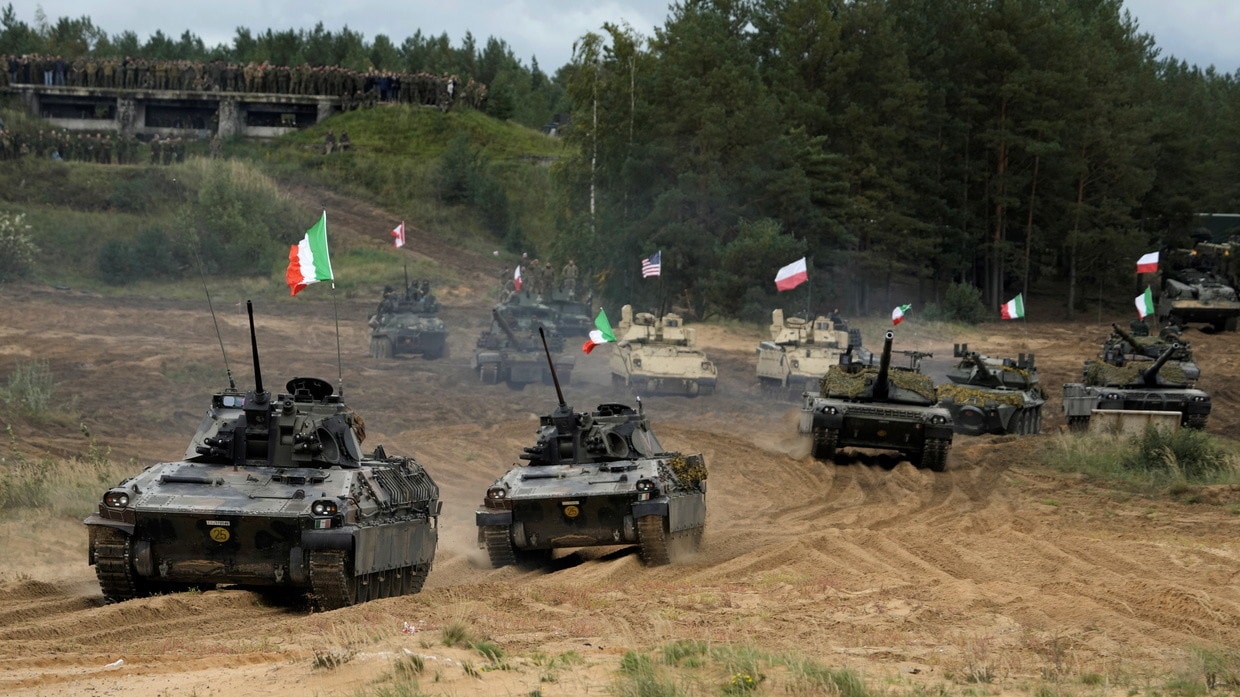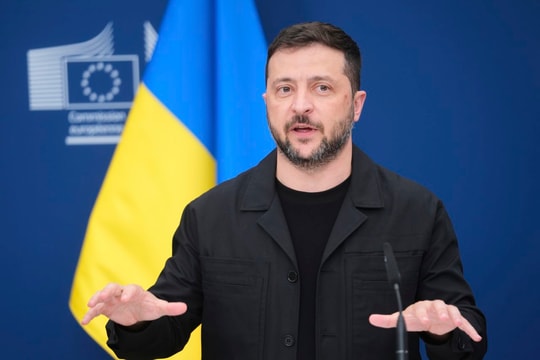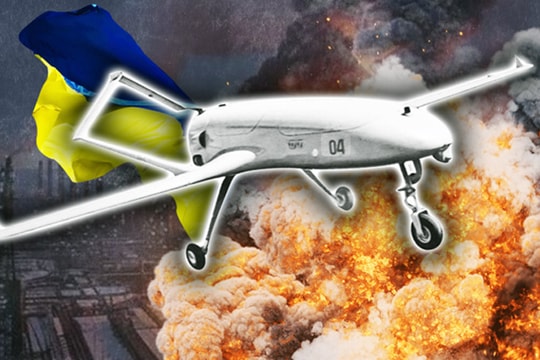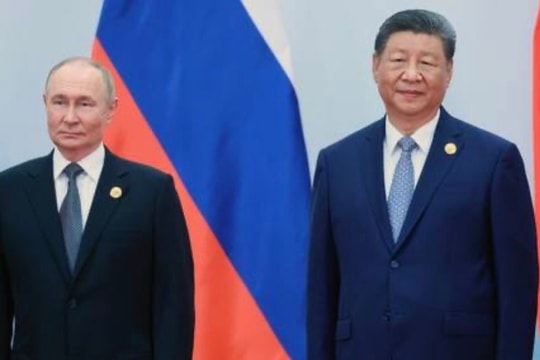Russia threatens retaliation if West ignores security proposals
(Baonghean.vn) - Russian Deputy Foreign Minister Alexander Grushko said on December 18 that Moscow's proposal on security guarantees is aimed at preventing a potential military conflict with NATO, noting that the country's relationship with the alliance has reached a peak.
Strong statement
The comprehensive security agreement, proposed with the US and NATO, serves the best interests of all parties involved and is designed to avoid military confrontations through political dialogue, Mr. Grushko asserted.
“By proposing the agreement, we made it clear that Russia is ready to discuss how to transform a military or military-technical scenario into a political process, thereby strengthening the military security of all countries in the Organization for Security and Cooperation in Europe (OSCE), the Euro-Atlantic and Eurasian regions,” Grushko told the Soloviev LIVE YouTube channel.
 |
Tanks take part in NATO exercise “Silver Arrow” in Adazi, Latvia in September 2021. Photo: Reuters |
If the West ignores Moscow’s efforts to de-escalate tensions, Russia will resort to “creating its own counter-threats,” Grushko said, referring to the deployment of new weapons systems on Russian territory. “It will be too late to ask why we made such a decision, why we deployed such systems,” he said.
Arguing that Russia-NATO relations are increasingly tense and have reached a "moment of truth" that requires a "fundamental decision", Deputy Minister Grushko stressed that the ball is now in NATO's court.
The idea of a comprehensive, legally binding security agreement with the West was first floated by Russian President Vladimir Putin, who insisted that any relations with the US-led NATO bloc, and the US in particular, must be in the form of written guarantees.
Two Russian draft documents
Two separate draft documents presented by Russia to NATO and the United States earlier this week set out the main principles for peaceful coexistence between Russia and the US-led military bloc in Europe. Revealing the proposals, Russian Deputy Foreign Minister Sergey Ryabkov explained that Moscow insisted on written guarantees because relations with the West are currently suffering from “an almost complete lack of mutual trust.” Ryabkov pointed out that many verbal promises made to Russia by Western politicians in 1990, including NATO’s commitment not to expand eastward, have been broken.
The proposal to NATO would require the alliance to stop expanding on Russia’s flanks and not station troops in former Warsaw Pact member states. Under the proposed security agreement, Moscow and NATO would also commit to not stationing intermediate- and short-range missiles near each other’s territory. The proposal to the United States would be similar, and would call on Washington to agree not to use the territory of other countries to prepare or launch a military attack against each other.








